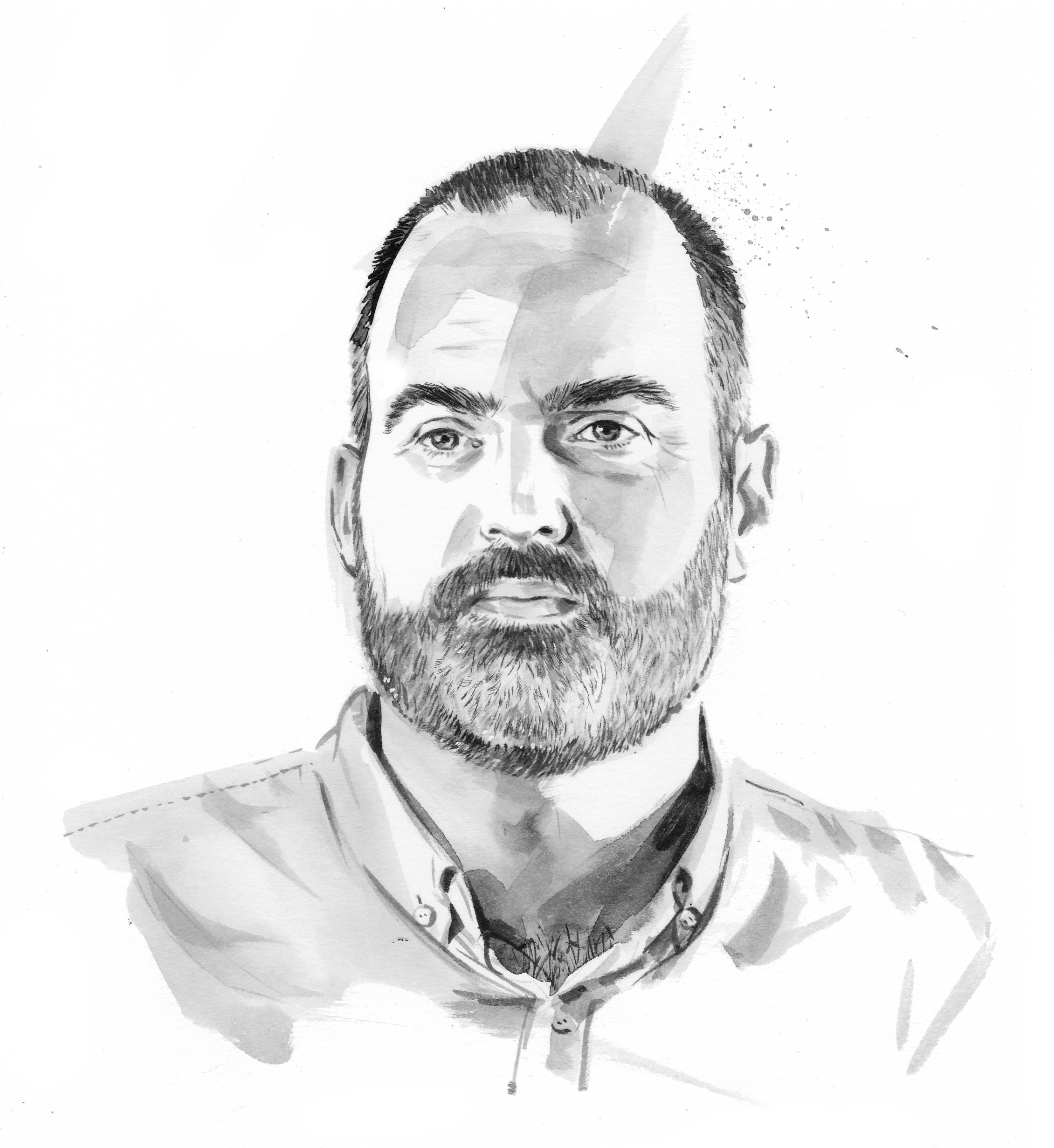Maths has been back in the headlines in recent weeks following the prime minister’s announcement that he wants more pupils to study the subject for longer.
Of course, there are all kinds of benefits to studying maths, but for many students - as well as a substantial number of adults - the mere mention of more maths is enough to trigger feelings of anxiety.
Maths anxiety is a widespread problem - and one that we are beginning to learn more about. In a 2019 report, researchers at the University of Cambridge defined it as “feelings of apprehension, tension or discomfort experienced by many individuals when performing mathematics or in a mathematical context”.
The researchers found that maths anxiety tends to appear around the age of 6 and that negative attitudes to maths increase as pupils move into secondary school. These attitudes to maths can also persist far beyond the school gates and into adulthood.
For those looking to promote more maths, the issue of maths anxiety is glaring. How many potential maths teachers never went into the field because of anxieties that weren’t acknowledged when they were in school?
So, what is causing these feelings of anxiety, and what can we do about them?
A qualitative investigation of 1,700 pupils from the UK, which underpinned the 2019 Cambridge report, found that pupils perceived maths to be more difficult than other subjects. Past experiences of poor marks or tricky tests were also found to drive anxiety, while a general social acceptance of the idea that maths is difficult, or not useful, contributes to what has become a damaging self-fulfilling prophecy. How often have you heard someone announce that maths is hard or that “school maths” is unnecessary? “I’ve never needed to use Pythagoras”, is a common refrain.
More by Alex Quigley:
And there’s another problem, too: new research suggests that pupils who are anxious about maths may take calculated steps to avoid practising the subject.
In their 2022 paper, Effort(less) exam preparation: Math anxiety predicts the avoidance of effortful study strategies, researchers explored the exam preparation of US high school pupils, and found that pupils who felt more anxious about maths chose to avoid the most effortful revision strategies. These pupils avoided tackling tricky maths problems and instead made the decision to reread the textbook or review their notes: both of which are approaches shown by cognitive science to be less effective revision strategies.
By failing to prepare adequately for their maths exam, these students were more likely to perform poorly, thus further contributing to their worry about the subject. It’s a vicious cycle: poor preparation leads to underperformance in exams, which fuels the fire of maths anxiety.
However, this study also offers us a way to break that cycle. If we can identify the pupils who may be prone to maths anxiety, we can support them to allocate their effort and preparations for exams more appropriately.
Clearly, at a national level, it is not enough to simply create pathways for pupils to do more maths, if those pupils will avoid the opportunities that such pathways provide. If we want to improve uptake, what we need is a plan to address maths anxiety, starting with confronting damaging social attitudes towards more maths.
However, alongside that, we need to make sure pupils aren’t avoiding what they find challenging; this may be just as important as addressing their broader misconceptions about the difficulties and value they attach to maths.
Alex Quigley is the national content and engagement manager at the Education Endowment Foundation. He is a former teacher and author of Closing the Writing Gap, published by Routledge






